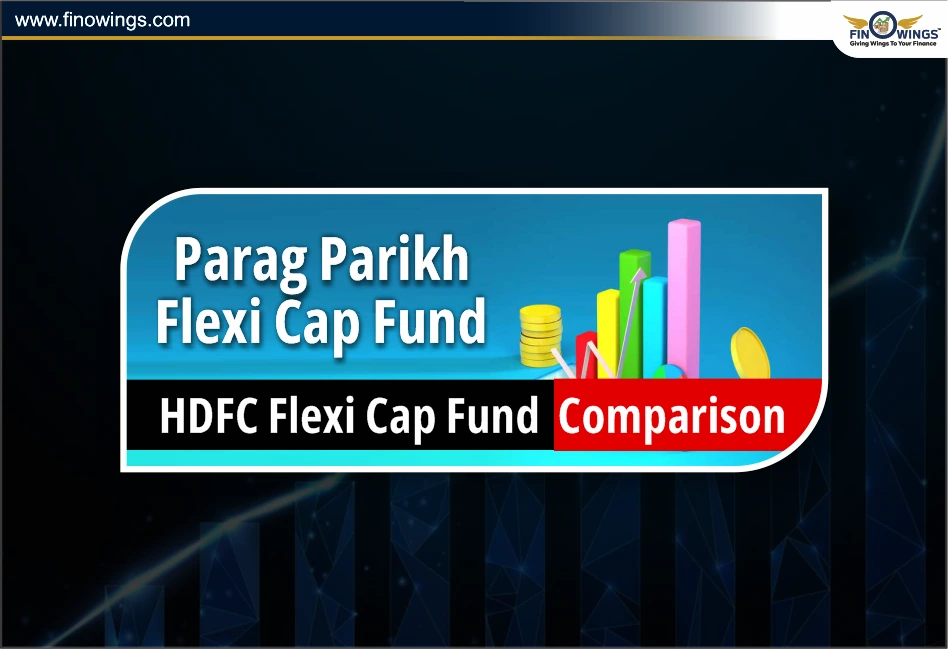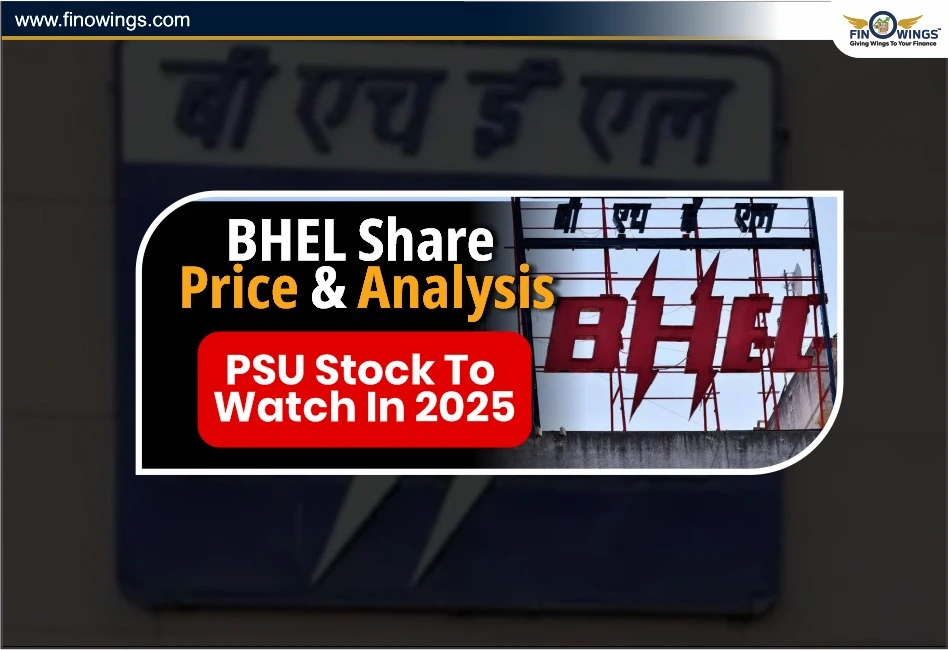Home >> Blog >> The tax paid by shareholders and investors- Dividend Distribution Tax
The tax paid by shareholders and investors- Dividend Distribution Tax

Table of Contents
1- Introduction
A dividend is a return or amount of money given by a company to its shareholders out of the profits earned by the company in its financial year. The dividend is an income of the shareholders through their investments on which the government imposes an income tax. This is also called Dividend Distribution Tax.
Dividend Distribution Tax had commenced as a part of the Finance Act 1997 in Section 115-O under Chapter XII-D of the Income Tax Act, 1961. It is the tax which was imposed on the returns or the money which was distributed by any company through its dividend. It was to be paid to the government in addition to the income tax. The company was held accountable if it failed to pay this tax within 14 days from the date of declaration of the dividend or payment of dividend or distribution of dividend. If the company failed to comply with the terms it was liable to pay interest at the rate of 1% of the DDT.
2- What is the Dividend?
Dividends are of two types- Interim Dividends and Final Dividends. There is a fixed amount of money which is paid to the investors from the profits earned by a company from the beginning of a financial year (1st April) to the end of its financial year (31st March). This amount is known as the Dividend. The dividend is proposed by the board of directors and it is approved by the shareholders. The approved dividend is called the Declaration of Dividend.
2.1 Final Dividend- A dividend which was declared for a financial year and has completed its financial term is called Final Dividend.
2.2 Interim Dividend- When a company decides to declare and pay a dividend before the end of the financial year, it is called an Interim Dividend. In this type of dividend, the board of directors decide to pay the dividend and it does not require the shareholders’ approval for the payment. Although the board of directors can pay the dividend later the shareholders in their general meeting must approve the particular interim dividend.
To pay the dividend, the company would must have a surplus balance in the profit and loss account or it should have earned a profit in its current year. The interim dividend can be paid in lesser interest if a company has faced losses in that period before completing its financial year.
3- What is Dividend Distribution Tax?
The distributed dividend is taxable under the Income Tax Act. The government levies tax on the dividend which the shareholders receive under the Income Tax Act. The dividend distribution tax is calculated on the gross amount, not the net amount which the shareholders receive.
The joint stock companies which are Limited firms are owned by their shareholders collectively. Therefore, these companies pay dividends (i.e. a part of their net profit) to their shareholders once they declare operating profits or dividends.
The dividend paid which is paid or distributed by the companies to their shareholders was subjected to a direct tax in India which is known as the dividend distribution tax (DDT). In other words, before paying the dividend to the shareholders, the DDT was to be paid to the Income tax department which is known as the payment of DDT in the 'hands of the companies". The companies first pay tax to the government on their profits earned in a financial year and after that, they pay the dividend to shareholders.
4- Changes in Dividend Distribution Tax
The rate of DDT tax till March 2020 was 15 percent of the net profit. Starting with the financial year 1st April 2020-21, the Government brought a major change regarding the Dividend Distribution Tax. On February 1, 2020, the Finance Minister of India abolished the Dividend Distribution Tax (DDT). According to this Act, the companies do not need to pay the DDT anymore. The joint stock companies were to transfer the dividend directly to the shareholders without deducting the tax to pay the government. This was a means to help the firms who were affected by financial losses suffered in the pandemic.
Through this, the dividend earned by shareholders will be part of their income which will be subjected to personal income tax in place of the former dividend tax paid by the company, not the shareholders. Therefore, the government would still levy a direct tax on the dividends which is. individual income tax in the hands of the recipients or shareholders in place of the companies (which used to pay the DDT).
5- Example of a dividend distribution tax-
Let us understand dividend distribution tax through an example:
If the dividend is declared of Rs 2,00,000, then how can we calculate its Dividend Distribution Tax?
Firstly we need to determine the grossed dividend. This is calculated at @17.65%
So, 200000* 17.65/100
=35300
Therefore, the gross dividend is added to Rs 2 lakhs which will amount to Rs 2,35,300.
Now DDT will be calculated on the Grossed Dividend @15%
So, 235300 *15/100
which will amount to Rs 35,295
Therefore, the DDT on Rs 2 lakhs will be Rs 35,295.
One needs to keep in mind that this amount does not include surcharge and cess. If percentages of surcharge and cess are also included, the effective rate of DDT will increase to 20.35%.
Also if the DDT is not paid within the due date, interest is applicable @1% for every month or part thereof on the amount of the tax. The interest will be paid for the period beginning immediately after the last date on which DDT was payable and the actual date of payment.
6- Which companies are required to pay taxes for their Dividends?
Dividends are available from many sources which include-
6.1 Domestic companies- who have shareholders who own the companies’ stock
6.2 Equity mutual funds- if a person has agreed to receive dividends from the mutual funds
6.3 Foreign companies- who have sold their shares to investors
6.4 Debt fund- if dividends are agreed upon
6.1.1 DDT on Domestic companies
Only a domestic company is liable to pay DDT. Although the companies themselves are not required to pay DDT on any dividends distributed since 01-04-2020. The entire dividend is taxable to the shareholders. The company deducts tax @10% if the dividend amount is above Rs. 5,000. Any domestic company which is declaring/distributing its dividend is required to pay a tax which is called the Dividend distribution tax (DDT) at the rate of 15% on the gross amount of the dividend as mentioned under Section 115O. Although the effective rate of DDT is 17.65% on the amount of dividend. Even a company that is not liable to pay any tax on its income is obligated to pay the dividend distribution tax. Dividend Distribution Tax (Sec 115 O) is 15% but in the case of dividend referred to in Section 2 (22)(e) of the Income Tax Act, it has been increased from 15% to 30% because, in the Finance Bill of 2018, the government had proposed to levy 30% DDT on the loan’s given to the company’s shareholders. This has been done to avoid private companies from giving any kind of loans to their shareholders for personal profits.
6.2.1 DDT on Mutual Funds
DDT is also levied on mutual funds. The Debt oriented funds DDT is applied at @the rate of 25 per cent and 29.12 per cent including surcharge and cess. Earlier Equity-oriented funds were exempt from DDT but in 2018, financial bill introduced a tax on equity-oriented mutual funds at the rate of 10 per cent and 11.64 per cent including a surcharge and education cess. After the Finance Act 2020 amendment, the dividend will now be taxable in the hands of the unit-holder, not the corporation. The income is taxable as per their slab rate. This will be the case if the unitholder has chosen the dividend plan.
7. Variable DDT rates
There are some cases where DDT rates differ. When an income through dividend is more than Rs 10 lakh would be chargeable at the rate of 10% for individuals, Hindu Undivided Family (HUF) or partnership firms and private trusts. Also, when a domestic holding company receives a dividend from its subsidiary domestic company, then when the holding company distributes a dividend, the amount of dividend liable for DDT will be equal to the Dividend declared/distributed/paid during the year minus the Dividend received by the holding company during the year.
8- Exemptions of DDT
According to the provisions of the Income Tax Act, the following types of transactions would not be liable to DDT:
-
Transaction for loan or advance in a business where money lending plays a substantial role. However, such a business can only be operated with an RBI licence (except for NBFCs).
-
Subsequent dividends paid by a company as a set-off against any loan or payment earlier are treated as a dividend. However, such a dividend is taxable if it is not set off.
-
Payments are made by a company so that it can repurchase its shares.
-
Distribution of shares by the resulting company to the shareholders of a remerged company.
-
Inter-corporate deposits.
9- Conclusion
After the abolition of the dividend distribution tax there was a great revenue loss to the Government as the tax is not applied with a flat rate of 15 per cent, rather it gets paid as per the income slabs of the recipients as a direct tax. This change has brought revenue loss of 225,000 crores annually for the government.
Experts and stakeholders argue that the new DDT terms have increased the tax burden for investors who already pay an income tax in the firm if corporate income tax on their annual profits. DDT seems unfavourable for those investors who pay their tax less than the rate of DDT due to their low annual income and the dividend income is also included in their personal income. Therefore, their overall personal income tax is lesser than dividend distribution tax because personal income tax has various slabs of variable annual income.
On the other hand, absence of credit of DDT to most of the foreign investors in their own country resulted in reduction of rate of return (ROR) on equity capital for them. The move is aimed at making the Indian equity market more attractive for investors be it domestic or foreign.
This move is supposed to provide a channel to the Indian population to be part of the formal process of wealth creation in the country besides routing investment in nation building. Also, India now stands at 63rd position among 190 other economies of the world in the ease of doing business, according to the latest World Bank annual ratings. The rank mainly focuses on the number,ease and speed of paying taxes by the people of the country. The rank of India improved to 63 in 2019 from 142 in 2015.
Frequently Asked Questions
Yes, all dividend income is taxable. One has to pay tax on their dividend income at the fixed applicable income tax slab rates.
The deduction for dividend income should not be more than 20%.
The effective rate of dividend distribution tax is 17.65% on the amount of dividends. As per section 115O, the applicable tax rate is 15%.

















